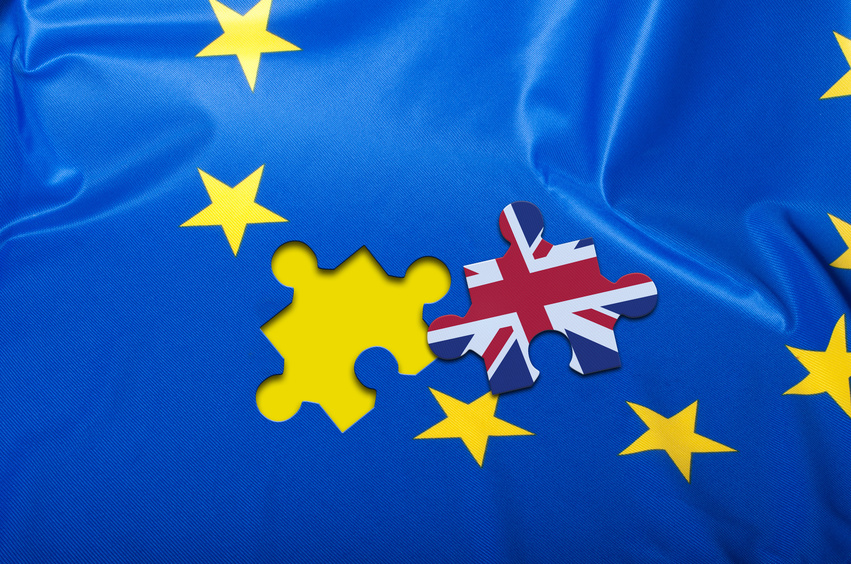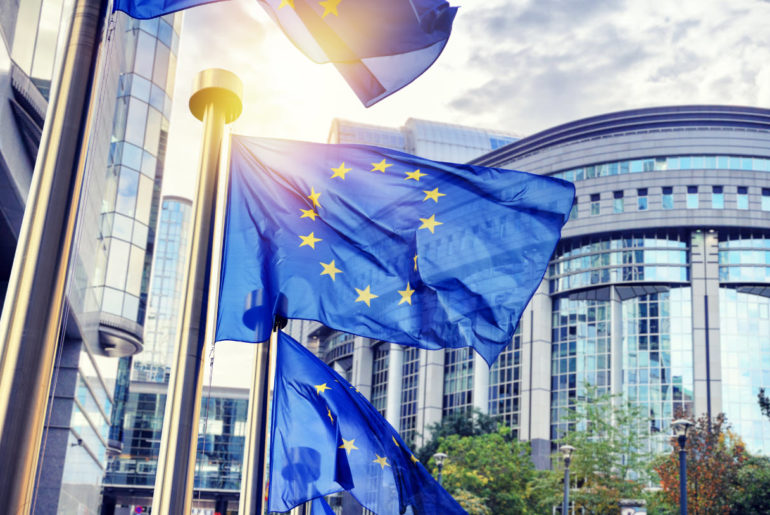On 19 September 2022, the Commission unveiled its proposal for a Regulation for the New Single Market Emergency Instrument (SMEI) to secure crucial supply chains in future emergency situations. The Commission describes the SMEI as a crisis governance framework to ensure the free movement of goods, services and persons and the availability of critical goods and services within the EU during emergencies. The SMEI is not specific to health but applies to all kinds of crises having an impact on the functioning of the single market and its supply chains. ‘Crisis’ is quite vaguely defined as an exceptional unexpected and sudden, natural or man-made event of extraordinary nature and scale that takes place inside or outside of the Union.
EFPIA, the European Federation of Pharmaceutical Industries and Associations and IFPMA, the International Federation of Pharmaceutical Manufacturers and Associations, published at the end of September 2022 a long-awaited Note for Guidance to assist their member companies with their use of social media and digital channels. The Guidance aims to set out the areas that companies should consider when communicating on social media and other digital channels, and builds on existing guidance, including the Principles for the use of digital channels in the EFPIA Code.
Baker McKenzie’s Sanctions Blog published the alert titled EU Commission proposes further sanctions against Russia on 28 September 2022. Read the article via the link here . Please also visit our : Sanctions Blog for the most recent updates.
In September 2022, the Borderline and Classification Working Group, a subgroup of the Medical Device Coordination Group (MDCG), issued a manual to determine whether a particular product qualifies as a medical device or in vitro diagnostic and into which class a particular medical device or in vitro diagnostic falls. The MDCG is operating under the Medical Device Regulation and the In Vitro Diagnostic Medical Device Regulation.
On 14 September 2022, the European Parliament voted to adopt its negotiating position on the revision of the Renewable Energy Directive II. The Parliament agreed that its position should include a new headline target that 45% of all EU energy use would be sourced from renewable sources by 2030, and upward revised sectoral targets for buildings, transport and heating compared to the European Commission’s proposal.
There have been suggestions in the media that the EU ‘additionality’ requirements applied to the production of renewable fuels of non-biological origin, such as renewable hydrogen, have been effectively scrapped. This article clarifies the legal position in relation to the current status of the ‘additionality.’
On 19 September 2022, the European Commission adopted a proposal that would give the EU sweeping new powers to address shortages and supply chain disruptions of crisis-relevant and strategic goods and services in times of crisis. The proposed Single Market Emergency Instrument (SMEI) is the latest in a series of EU measures that will impact supply chains, including new proposals for rules on foreign subsidies, corporate sustainability reporting and due diligence, carbon taxes, deforestation, and, most recently, a proposal to prohibit products made with forced labor from the EU internal market. Once adopted, the SMEI will impose far-reaching obligations on EU firms.
The draft European Health Data Space Regulation (EHDS) is flying under the radar for some industry players. It’s just one part of a tidal wave of EU data legislation coming down the track (including the Data Act, Data Governance Act and AI Act). This means it can easily get lost in the noise. But if you take a deeper look, the EHDS has some complex repercussions for a range of players; from pharma and medtech, to hospitals, public health bodies and even big tech. And not all of it is good news.
Baker McKenzie’s Sanctions Blog published the alert titled European Union: Amended temporary state aid crisis framework (Ukraine) regarding renewable energy and decarbonization on 2 August 2022. Read the article via the link here. Please also visit our Sanctions Blog for the most recent updates.
Baker McKenzie’s Sanctions Blog published the alert titled EU adopts seventh package of Russia sanctions on 25 July 2022. Read the article via the link here. Please also visit our Sanctions Blog for the most recent updates.
Following the launch of the RePowerEU package, the European Commission continues to develop the regulatory framework applicable to renewable fuels of non-biological origin (mainly renewable hydrogen). Two draft Delegated Acts that will have a significant impact on the hydrogen market have been published for public consultation under the Renewable Energy Directive recast (REDII, Directive (EU) 2018/2001).



